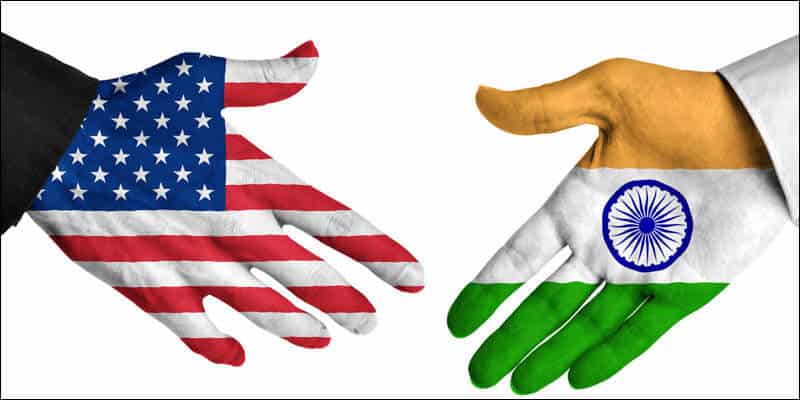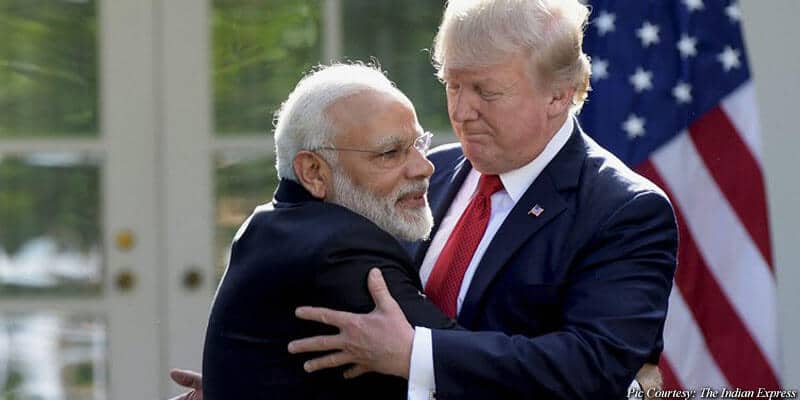In a significant development, India has chosen to eliminate additional duties on several American products, including chickpeas, lentils, and apples. These tariffs were initially imposed in 2019 as a retaliatory measure in response to the United States' decision to hike tariffs on specific steel and aluminum goods.
Back in 2019, India had imposed these levies on a total of 28 US products as a response to the US's trade policies. However, fast forward to September 5, and the Indian Ministry of Finance has issued a notification signaling the removal of these duties on select items. These include chickpeas, lentils (masur), apples, walnuts in their shells, as well as fresh or dried almonds, both in-shell and shelled varieties.
This strategic move precedes the anticipated visit of US President Joe Biden to India, where he is scheduled to attend the G20 Summit on September 9-10. This summit will be preceded by a bilateral meeting with Prime Minister Narendra Modi, scheduled for Friday.
As part of this landmark agreement, India is rolling back the additional duty on chickpeas (10 percent), lentils (20 percent), fresh or dried almonds (Rs 7 per kg), shelled almonds (Rs 20 per kg), walnuts (20 percent), and fresh apples (20 percent).
The United States stands as India's largest trading partner, underlining the economic significance of this development. In the fiscal year 2022-23, the bilateral goods trade witnessed substantial growth, reaching a staggering USD 128.8 billion, compared to USD 119.5 billion in 2021-22.
This gesture of trade reconciliation between India and the United States marks a positive step towards fostering stronger economic ties and reinforces the importance of diplomacy in resolving trade disputes. As both nations continue to navigate the complexities of the global trade landscape, this move signals a commitment to open dialogue and collaboration in the pursuit of mutually beneficial trade relationships. It also underscores the importance of addressing trade concerns through diplomacy and negotiation, rather than resorting to punitive tariffs and trade tensions. As the global economy faces numerous challenges, such cooperative efforts between nations serve as a beacon of hope for constructive and mutually advantageous international trade.


Comments
Post a Comment